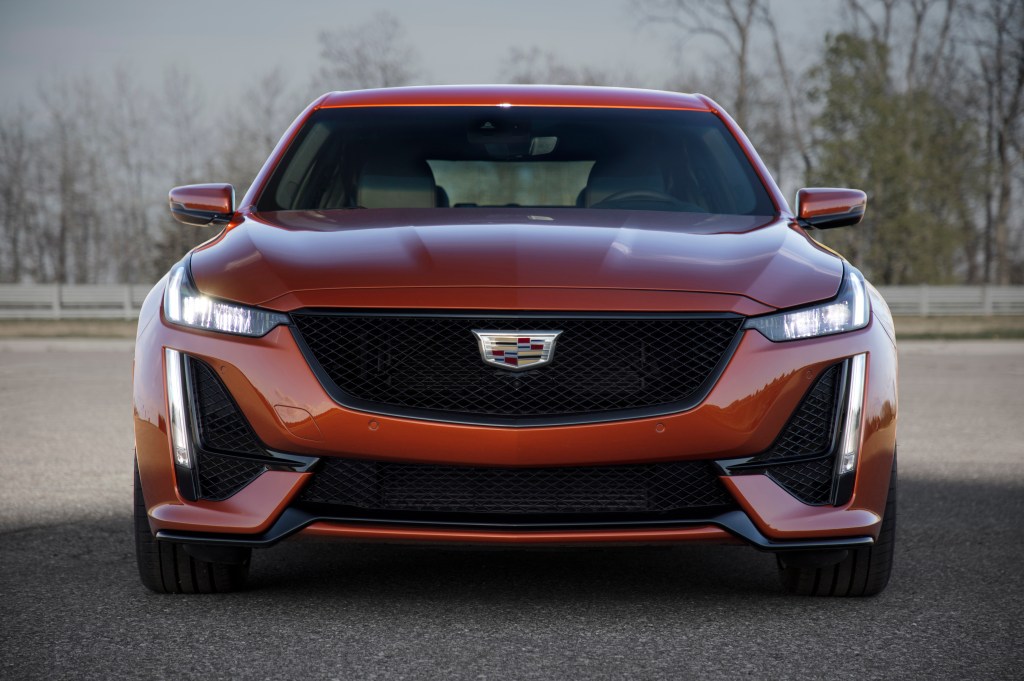
Could GM Survive if Ordered to Leave China?
Could General Motors survive if 43% of its business ceased to exist? Could any business survive that kind of hit? It’s a question everyone in the car industry is asking after a series of tweets from President Trump “ordering” American companies to look for alternatives to doing business in and with China.
Then Saturday Trump tweeted he has the authority to force US businesses to leave China. He backed up his authority citing the International Economic Powers Act of 1977 gives him the power and precedent to mandate such an order.

Motorbiscuit.com will not wade into the debate on whether Trump has the authority to force companies to leave China. The issue here is how it will affect GM in particular with their involvement in producing, marketing, selling and servicing their products in China should such an order be enforced.
The Detroit Free Press has compiled information showing the extent of such a decree should GM be forced to cease operating in China. Representing 43% of its business, GM would lose billions of dollars.
China: Largest Auto Market
China, already the largest automotive market in the world, will continue to grow with lots of potential for future profits greater than what GM is making there now. The problem with selling cars strictly in the US is that it has no growth potential according to Jon Gabrielson, who advises automotive companies and suppliers about markets and conditions within those markets. “The number one problem would be the loss of all future growth potential,” he says.
Last year GM made $2 billion in China alone. Leaving the Chinese market would wreak havoc at GM. They issued a carefully-worded response after Trump’s tweets, “We support a positive trade relationship between the U.S. and China, and urge both countries to engage and pursue sustainable trade policies. We continue to believe both countries value a vibrant auto industry and understand the interdependence between the world’s two largest automotive markets.”
Rather than carrying out such an order, it is hoped that these tweets are more of a tactic to negotiate better trade agreements. But its immediate result is creating an uncertain future which has very negative impacts on business in general. A company as big as GM needs globalization, which means its strategies for conducting business integrate domestic and foreign products. Reversing course would almost not be sustainable for GM.
Numbers Tell Story
The numbers alone say it all. GM has been selling most of its products in China since 2012. In 2018 GM sold 2.9 million cars in the US but sold 3.6 million in China. “GM plans to introduce more than 20 new or refreshed models in China in 2020 alone,” says David Kudia who is CEO of Mainstay Capital Management.
The good news is that GM’s exposure in China is lessened because they use an accounting technique known as the equity method to assess profits earned from their investments in Chinese companies. GM reports income earned in China on their income statements and the reported value is based on GM’s share of the assets.
Kills Growth Potential
What this means is GM recognizes the after-tax income of China’s share earnings. So while it would not put GM out of business, it kills any future growth potential if limited to a US-only market.
Here’s hoping that the threats lead to productive talks and that the havoc envisioned by all if Trump were to order a mass exodus from China never materializes.



